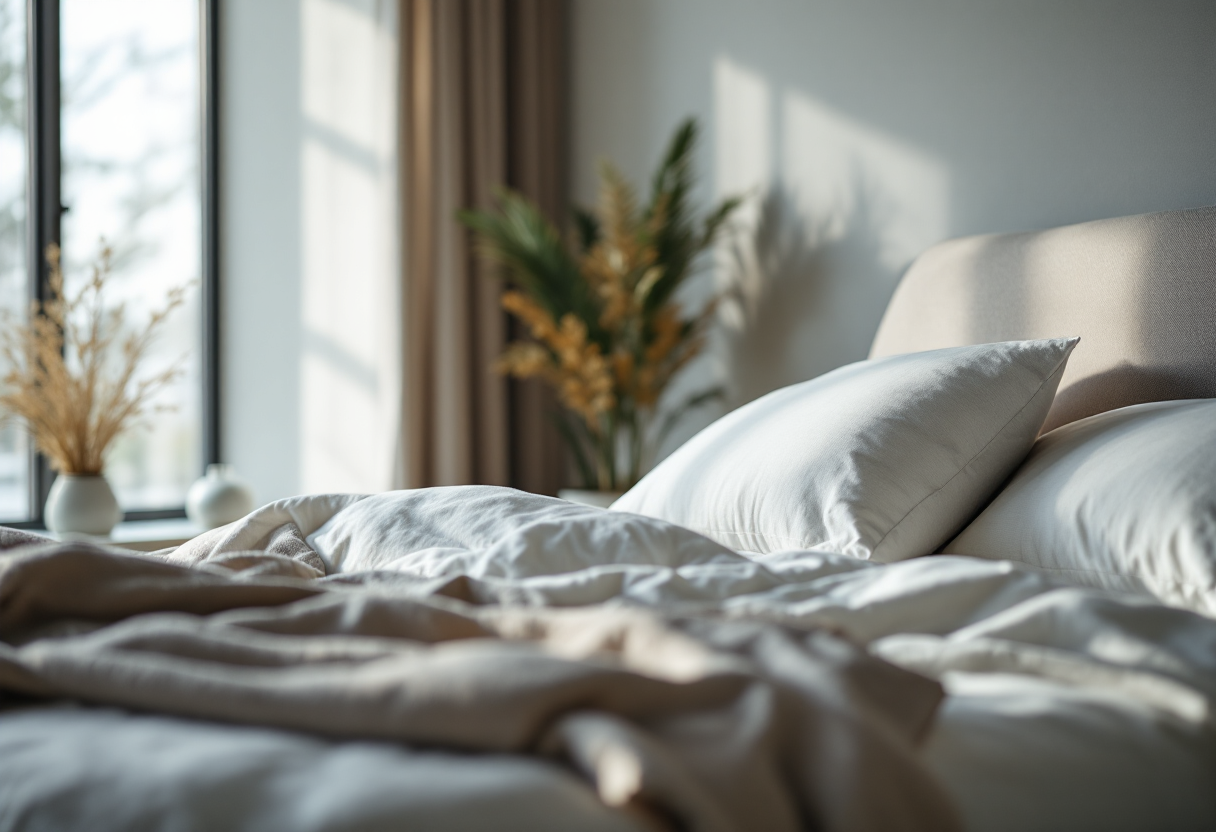Table of Contents
Sleep: A Vital Component of Health
Sleep is not just a luxury; it’s a fundamental pillar of health that affects every aspect of our lives. For many, the question of whether women need more sleep than men has sparked considerable debate.
Recent studies suggest that while women may sleep slightly longer, the difference is minimal—averaging just 11 to 13 minutes more per night. This raises the question: why do we often hear that women require significantly more sleep than men?
The Science Behind Sleep Differences
According to Dr. Wendy Troxel, a sleep expert and clinical psychologist, the narrative that women need more sleep is often overstated. She emphasizes that the focus should not solely be on the quantity of sleep but rather on its quality.
Women are statistically more prone to sleep disorders like insomnia and restless leg syndrome, which can compromise their sleep quality. This is particularly concerning given that women are already at a higher risk of insomnia compared to men.
Dr. William Lu, a sleep medicine physician, adds that while studies show women tend to sleep more, it’s unclear if this is due to a greater need for sleep or if men simply do not get enough.
Hormonal fluctuations, especially during menstrual cycles, pregnancy, and menopause, can significantly impact a woman’s sleep patterns, leading to fragmented sleep and increased fatigue.
Quality Over Quantity: The Real Sleep Equation
Experts agree that the focus should shift from merely counting hours to enhancing sleep quality.
Dr. Navya Mysore suggests that both men and women should aim for seven to nine hours of quality sleep per night. However, the quality of sleep can vary greatly based on individual circumstances, including stress levels, lifestyle choices, and overall health.
For instance, a woman experiencing high stress may require more sleep to feel rested compared to someone with a more balanced lifestyle.
Moreover, societal pressures and caregiving responsibilities can exacerbate sleep challenges for women. Many women juggle multiple roles, which can lead to increased stress and disrupted sleep patterns. This highlights the importance of prioritizing sleep as a form of self-care, especially for women who often sacrifice their rest for other obligations.
Addressing Sleep Disorders and Seeking Help
It’s crucial for women experiencing persistent sleep issues to seek medical advice. Effective non-drug treatments for insomnia are available, and awareness of these options is essential. Additionally, understanding the impact of hormonal changes on sleep can empower women to take proactive steps in managing their sleep health.
As we continue to explore the nuances of sleep needs between genders, it’s clear that quality sleep is vital for everyone. By prioritizing sleep health, women can enhance their overall well-being, manage stress more effectively, and improve their quality of life.




